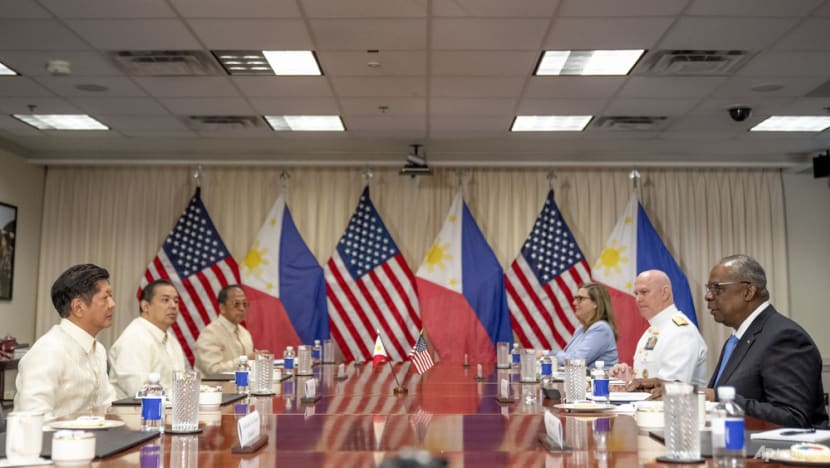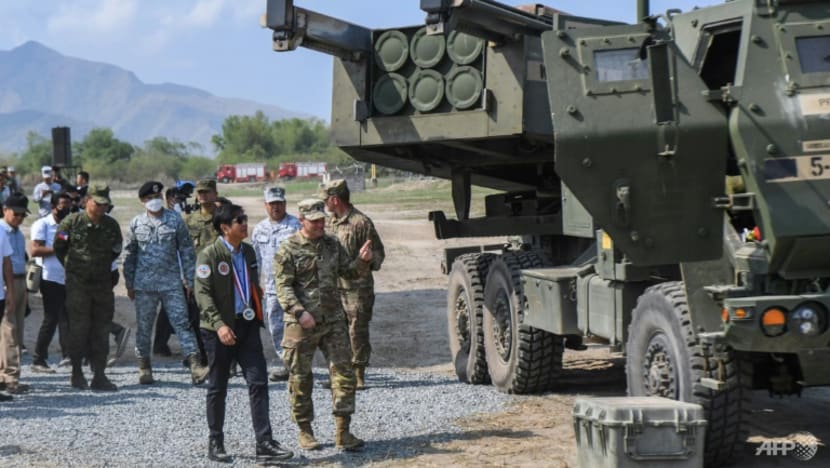The United States and the Philippines moving towards real-time intelligence sharing to guard the Southeast Asian nation against attacks in the South China Sea is a “huge step forward”, an analyst said on Thursday (May 4).
But it also comes with challenges such as ensuring appropriate infrastructure to do so.
While the US may have already been sharing intelligence with the Philippines, the language used in the guidelines seemed to herald the beginning of a “more robust” relationship, said senior defence analyst at nonprofit think tank RAND Corporation Derek Grossman.
That would “significantly” improve the Southeast Asian nation’s maritime domain awareness capabilities, he noted.
“This really allows Manila to have a much better picture of what's going on in the South China Sea and potentially in real time, so that they can respond to incidents that infringe upon their sovereignty in the region,” he told CNA’s Asia Now.

